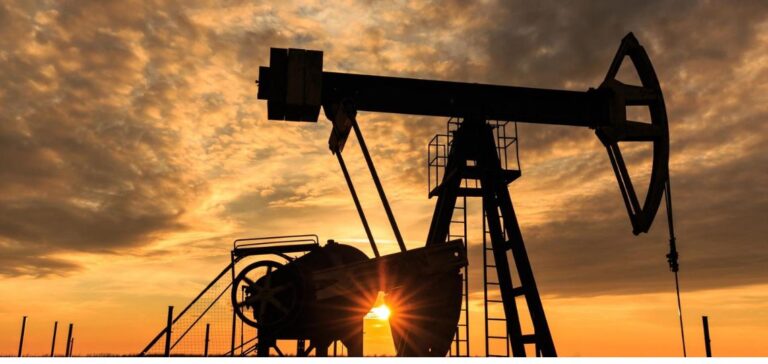A preliminary investigation has been opened into suspicions of bribery of foreign public officials against Cifal, a French trading company operating in Russia, the National Financial Prosecutor’s Office (PNF) said Friday, confirming a report in Challenges magazine.
According to a source close to the case, Cifal has been commissioned by the Congolese company Orion — headed by Lucien Ebata, special advisor to the President of Congo-Brazzaville Denis Sassou Nguesso — to find an investor in Russia to sell its shares in the MBK oil field in Congo.
With this in mind, the head of Cifal Gilles Remy called on François Fillon to put him in touch with a Russian businessman, with whom the former Prime Minister had been in contact when he headed the government, this source continued. In this contract, Mr. Fillon was paid as a business contributor.
No suspicion of corruption currently hangs over him, said the source close to the case. Mr. Fillon, who at one time sat on two boards of directors of Russian giants – Sibur (petrochemicals) and Zarubezhneft (hydrocarbons) – is to be heard on May 2 on his links with Moscow by the commission of inquiry into foreign interference.
This commission was launched by the National Rally in an attempt to cut short accusations that the far-right party is an agent of Russian influence in France. Lucien Ebata has been indicted in Paris, notably for money laundering and corruption, as part of a judicial investigation opened by the PNF in 2020. Investigators are looking into whether he embezzled Congolese oil money.






















